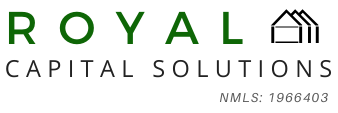A reverse mortgage is a financial product that allows homeowners, typically aged 62 or older, to convert a portion of their home equity into cash while still retaining ownership of their home. Unlike a traditional mortgage, where homeowners make monthly payments to a lender, a reverse mortgage works in the opposite way—the lender makes payments to the homeowner. This type of loan is designed to provide financial relief to retirees or those with limited income by tapping into the value of their home without having to sell it.
The most common type of reverse mortgage is the Home Equity Conversion Mortgage (HECM), which is insured by the Federal Housing Administration (FHA). To qualify, the homeowner must meet specific age requirements, live in the home as their primary residence, and have sufficient equity in the property. The loan amount is based on factors such as the home’s value, the homeowner’s age, and current interest rates. Borrowers can receive the funds in various ways, including a lump sum, monthly payments, a line of credit, or a combination of these options.
One of the key benefits of a reverse mortgage is that the homeowner is not required to make monthly loan payments. Instead, the loan balance—including the principal and accumulated interest—comes due when the homeowner sells the home, moves out permanently, or passes away. At that point, the home is typically sold to repay the loan, and any remaining equity belongs to the homeowner’s heirs. If the home’s value is less than the loan balance, federal insurance ensures that neither the homeowner nor their heirs are responsible for the difference.
However, reverse mortgages also come with some risks and costs. Borrowers are still responsible for paying property taxes, homeowners insurance, and maintaining the home. Failure to meet these obligations could result in foreclosure. Additionally, interest and fees accumulate over time, which means that the homeowner’s equity in the property may decrease significantly. This can leave fewer assets for heirs and limit future financial options.
For those considering a reverse mortgage, it is crucial to understand all the terms, costs, and potential consequences. Consulting a financial advisor or a HUD-approved housing counselor can help determine whether this type of loan aligns with the homeowner’s long-term financial goals. While a reverse mortgage can provide much-needed financial flexibility, it is not the right choice for everyone, and careful consideration is necessary before proceeding.












